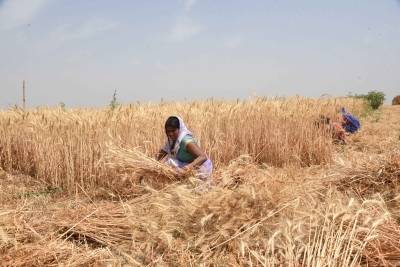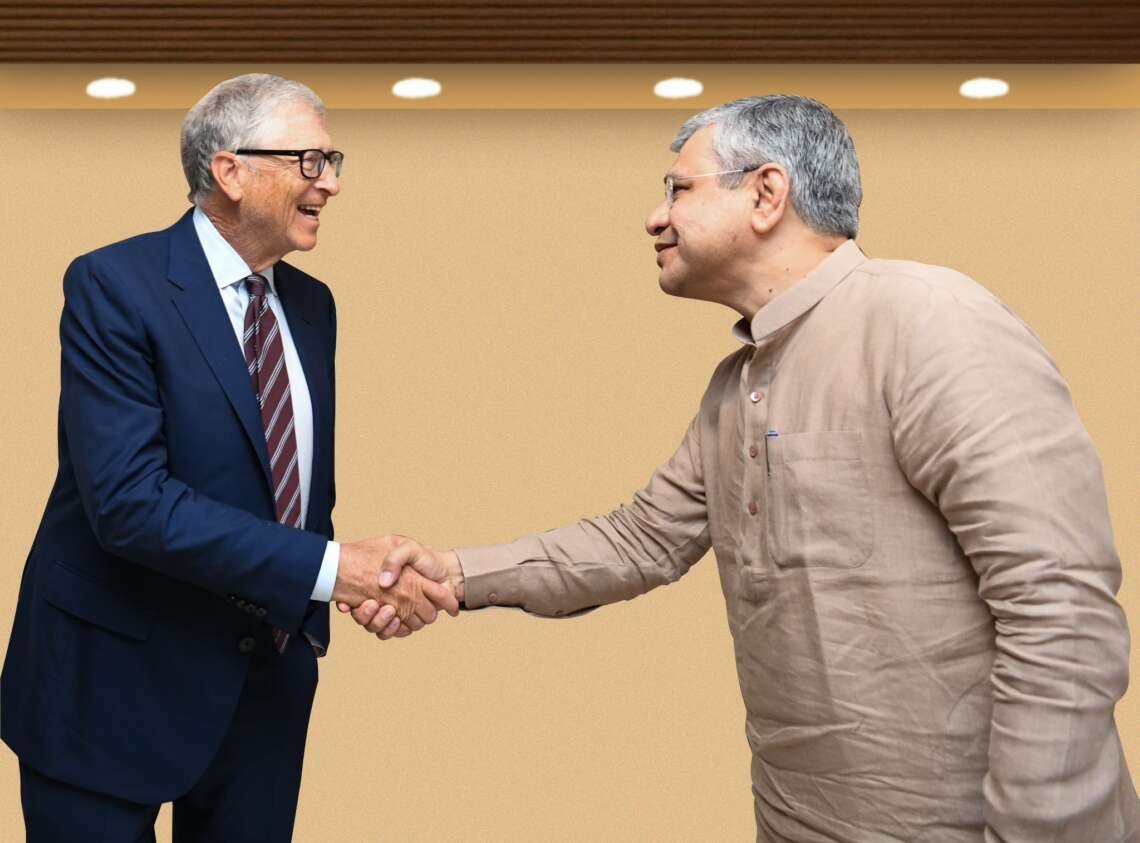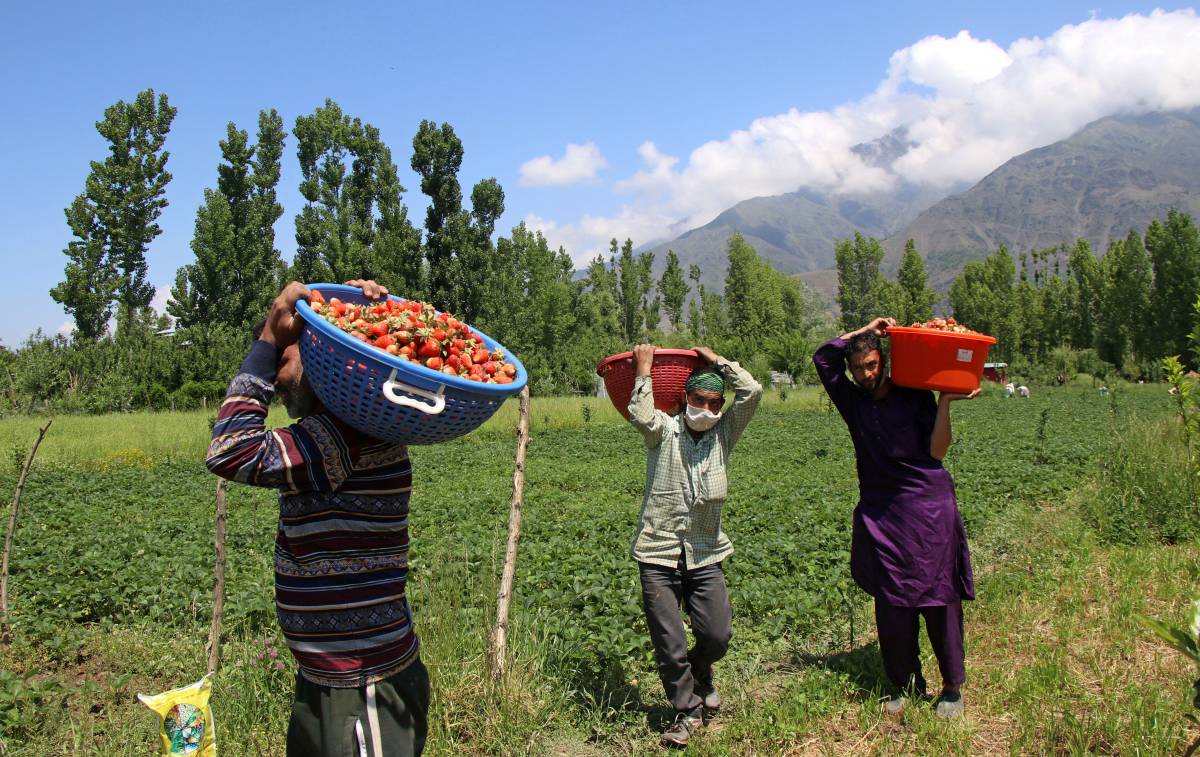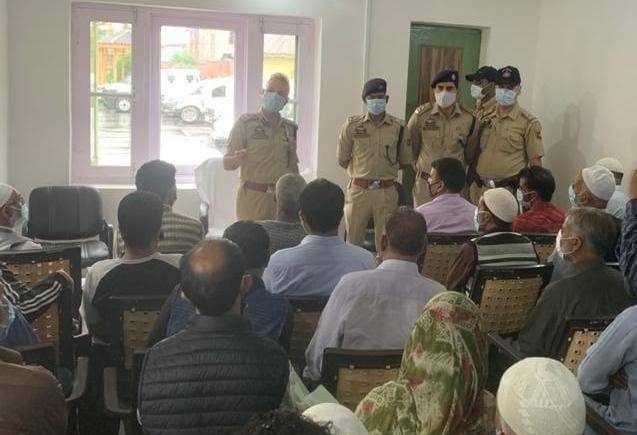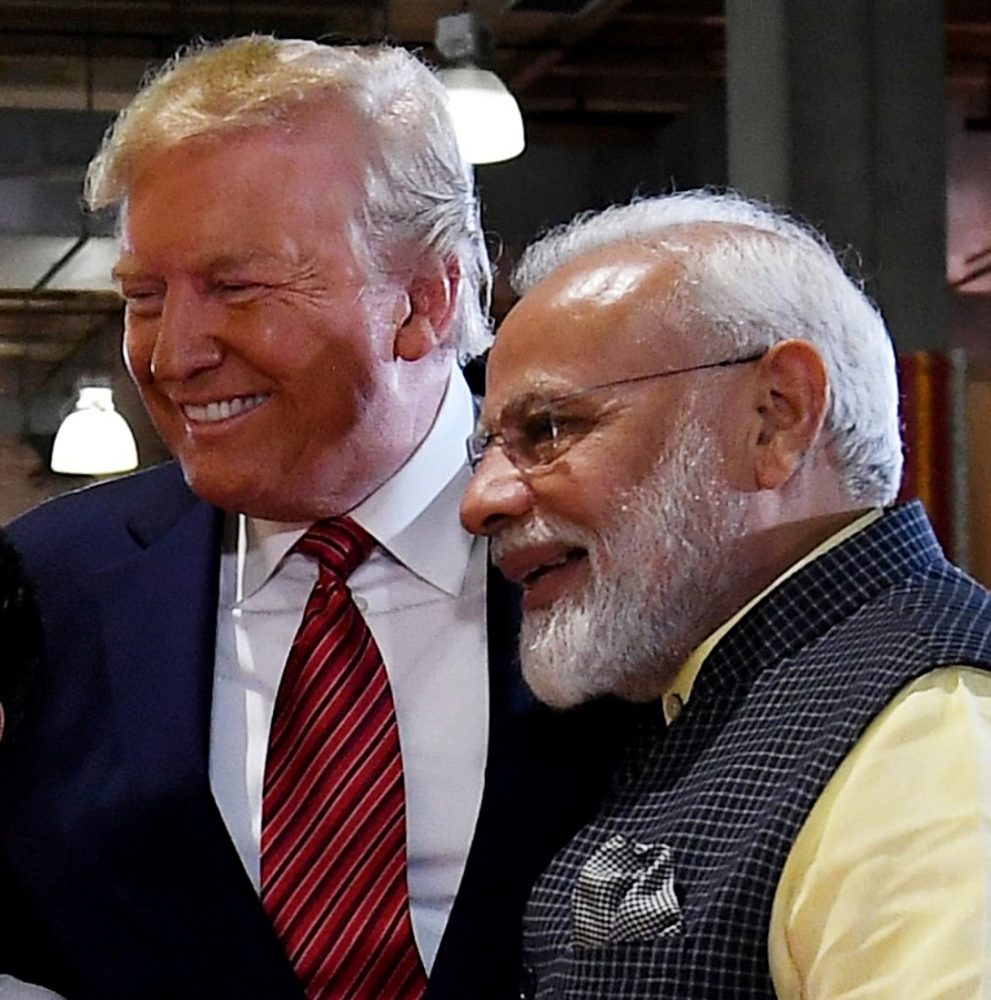Not just that. The benefits of the existing MSP system have mostly been reaped by the large farmers besides the middlemen…reports Mahua Venkatesh.
India’s farm sector needs critical but rational reforms. But a lot will now depend on the newly formed Ministry of Cooperation under the aegis of Home Minister Amit Shah to streamline and modernise the agri sector, in tune with India’s unique and specific conditions.
“The new ministry needs to figure out ways which would allow the government to take the reform process forward in the agriculture sector,” an insider said. How to strike the balance between farmers aspirations and agri-modernisation in tune with global best practices will be the challenge.
While the minimum support price (MSP) mechanism has been in place since 1965 with a twin objective of preventing agriculture prices from crashing and protecting poor farmers, only 6 per cent of the farming community in the country has benefitted from this system, a recently published study by RIS (Research and Information System for Developing Countries) noted.

Not just that. The benefits of the existing MSP system have mostly been reaped by the large farmers besides the middlemen.
Amul’s managing director RS Sodhi earlier said that while new farm laws are the need of the hour, the government needs to communicate better on the benefits. Besides, adequate tweaking is also required to ensure that the big corporates neither reap all the benefits nor monopolise the situation.
“Government’s intention is good. These farm laws are good. But yes, there are some apprehensions and they need to be removed,” Sodhi said.
The RIS study pointed out that though in the last 50 years, India has evolved to be a food surplus country, with adequate food security, the changing aspirations of farmers have remained unaddressed.
“The recent Farm Bills by seeking to liberate agriculture markets, can achieve twin objectives of providing a larger cover of protection to farmers by ensuring rightful remuneration while at the same time reviving the vast untapped potential of Indian agriculture to be a food basket of the world,” the study said.
The study also pointed out that India’s share in the global agricultural trade in 2019 was a mere 2.3 per cent and the most obvious reason for its low penetration in the global markets is due to a highly regulated export-import trade practised for several years, “robbing India’s potential to be an agricultural powerhouse of the world.”
Even as judicious use of import restrictions is considered necessary for preventing unfair competition due to possible dumping by global cartels, excessive use of import restrictions could end up in speculative trade, hoarding and price distortions, the study said.
At present, about 23 crops are covered under the MSP of which rice and wheat enjoy maximum support.
(The content is being carried under an arrangement with indianarrative.com)
ALSO READ-Chhattisgarh farmers wake up and smell the lemongrass


